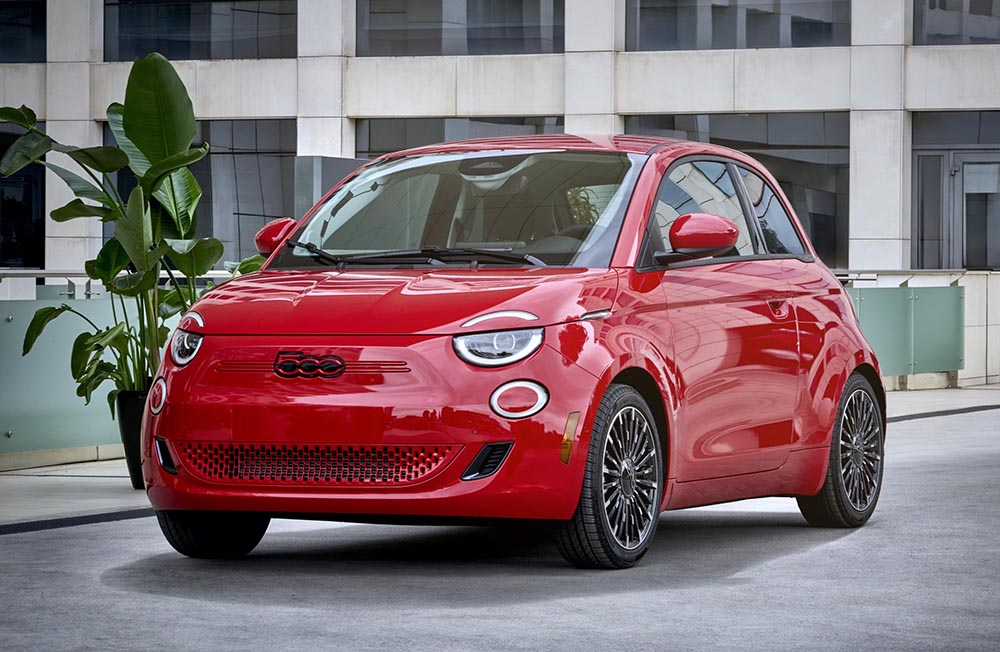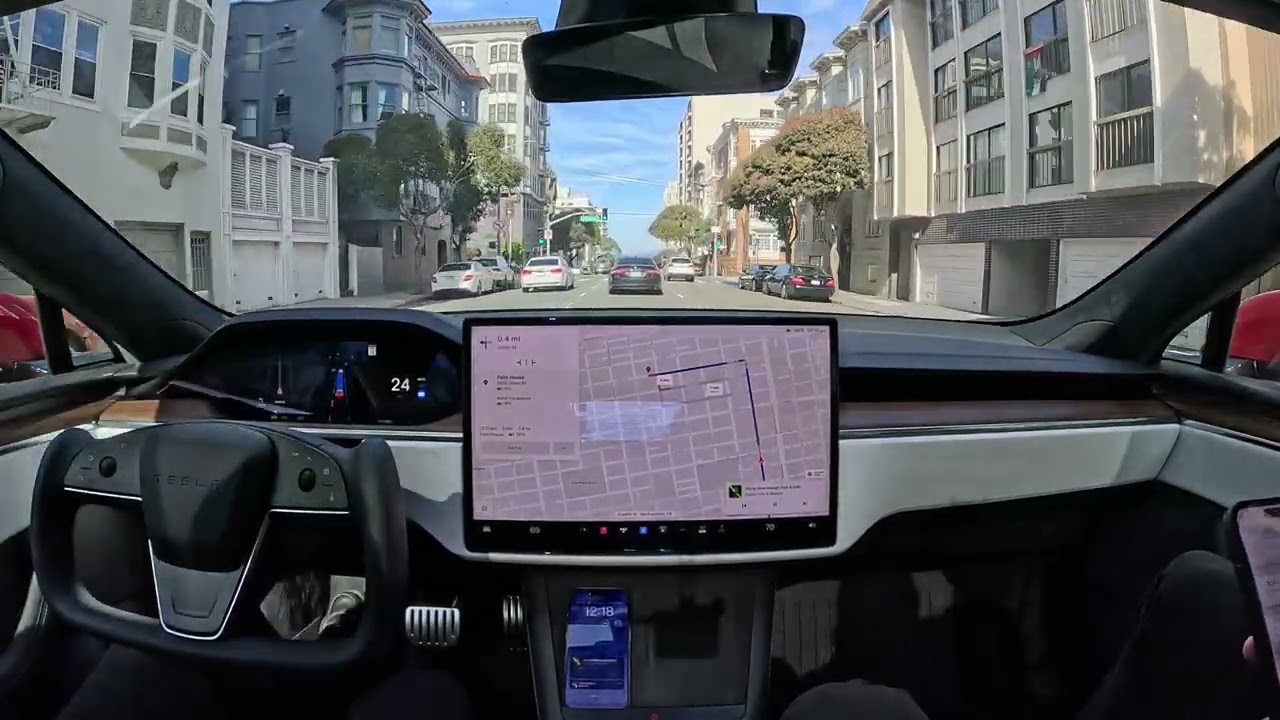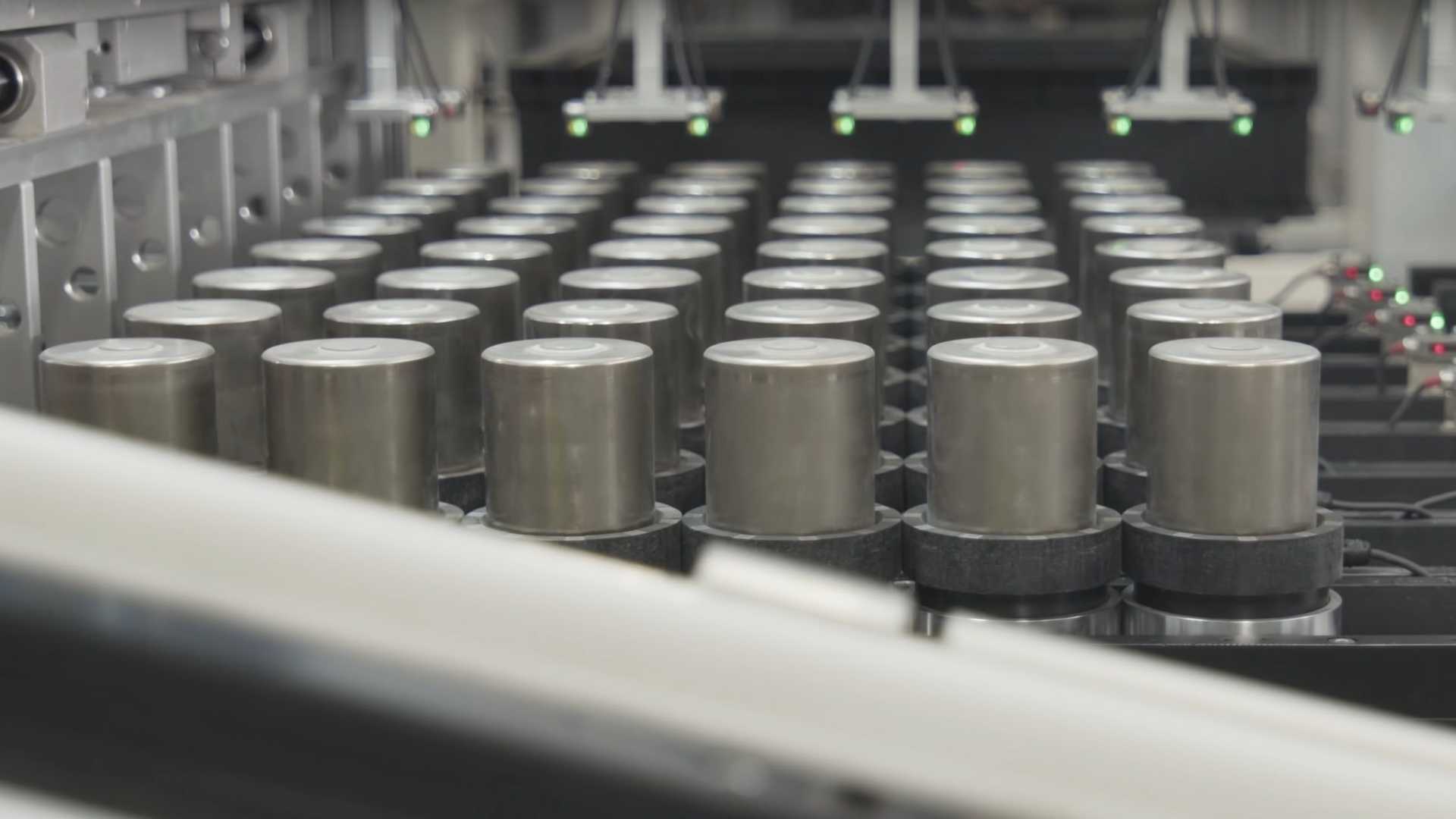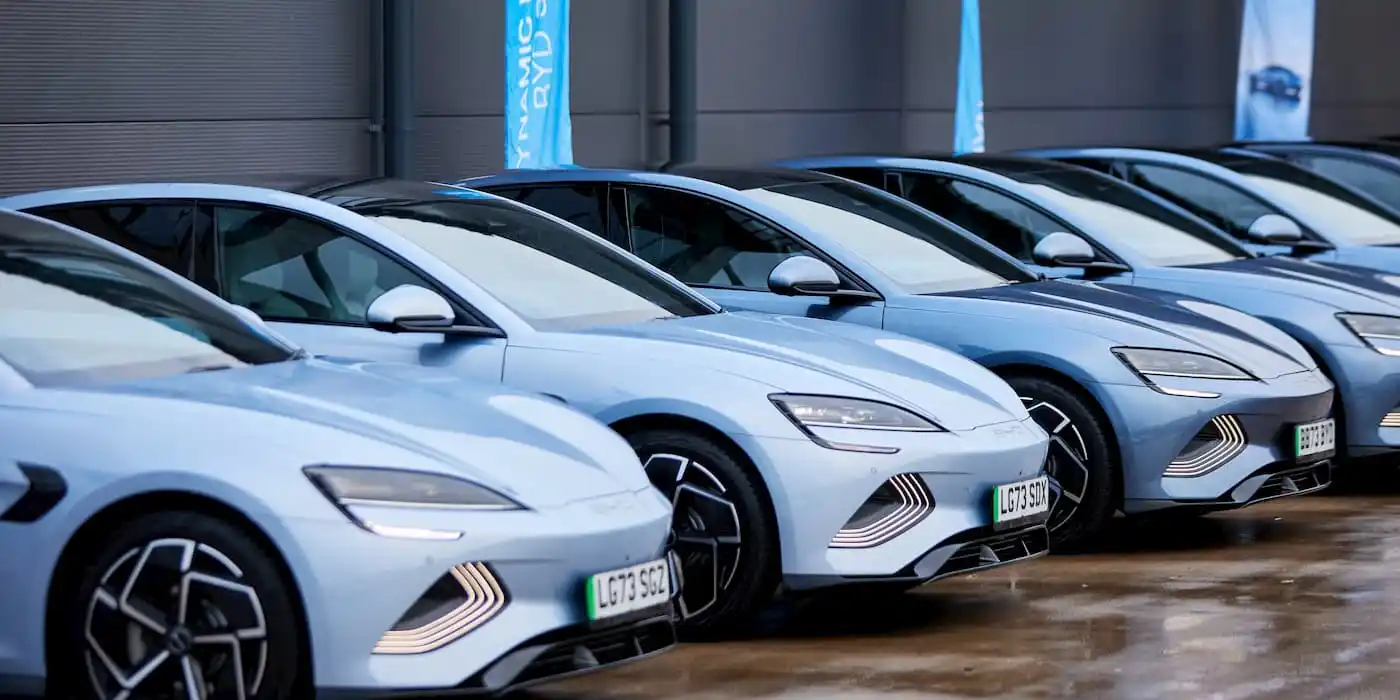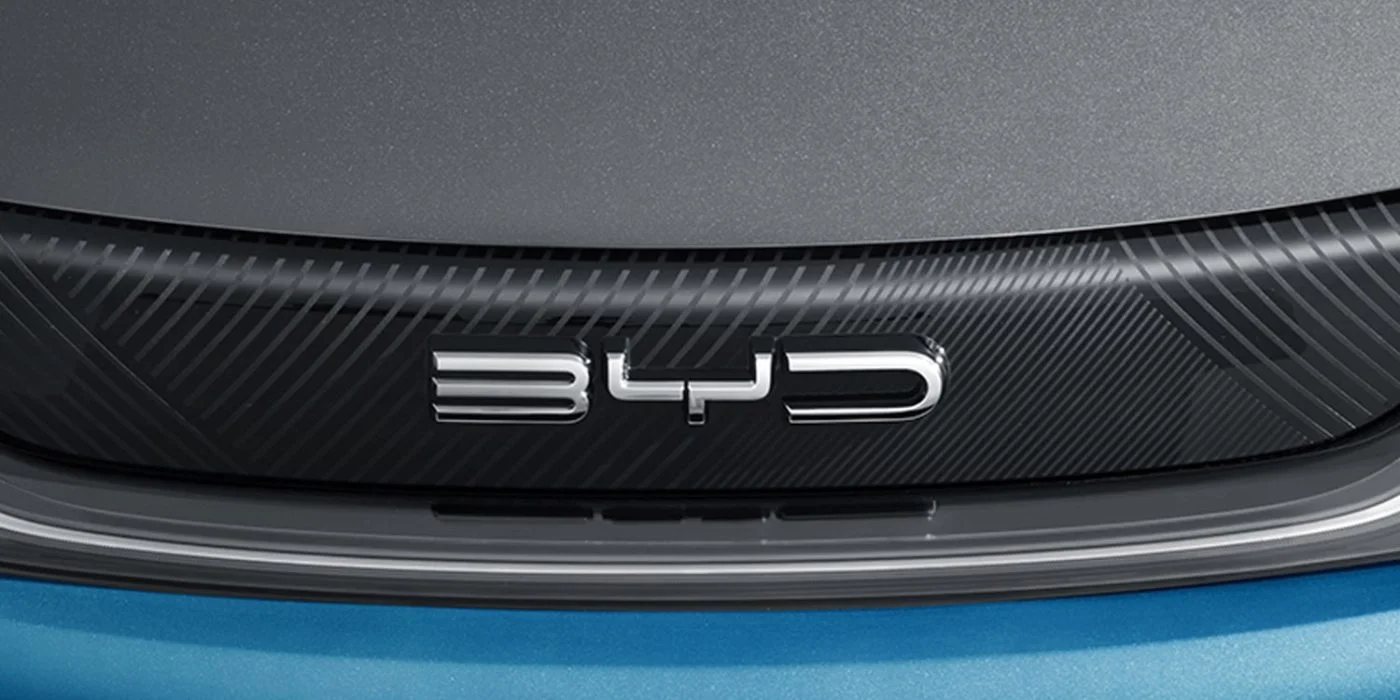Italy’s eagerly awaited subsidy programme for ‘clean vehicles’ launched by the government was met with overwhelming response, exhausting the budget earmarked for purely electric cars in less than nine hours. The move highlights the strong demand for electric vehicles (EVs) in the country.
Initially presented in February, the subsidy programme aimed to target low-income households with older vehicles, offering incentives not only for purely electric cars but also for ‘vehicles with low pollutant emissions’, including efficient combustion engines and hybrids. The total budget of 950 million euros was allocated for this purpose.
A substantial budget of 240 million euros was set aside as a purchase premium for battery-electric cars. However, the flood of applications led to the suspension of new applications within hours. Despite this, it remains uncertain if the entire budget has been allocated, as the subsidy amount is contingent on meeting specific conditions.
The maximum grant of 13,750 euros is particularly high but is only accessible in specific cases, such as for buyers with an annual income below 30,000 euros who scrap an old Euro 2 car and purchase a new car priced under 35,000 euros with CO2 emissions below 20 grams per kilometre – a criterion typically achievable only with electric cars. Failure to meet these stringent requirements reduces the subsidy to a maximum of 6,000 euros.
Other categories of the eco-bonus, including subsidies for plug-in hybrids and various hybrid and combustion engine vehicles, still have available funding. Subsidies for fuel-efficient combustion engines and hybrids are capped at 3,000 euros per vehicle and are also linked to the scrapping of an old car, although this is optional for electric cars and plug-in hybrids, with scrapping affecting the subsidy amount.
Italy’s EV market share stands at 4.4 per cent, below the European average, impacting local car production. The Fiat 500, a popular model in Italy, is now exclusively available in an all-electric version, with production interruptions due to low demand. The Fiat 500 could potentially benefit from the eco-bonus, boosting its appeal in the market.

